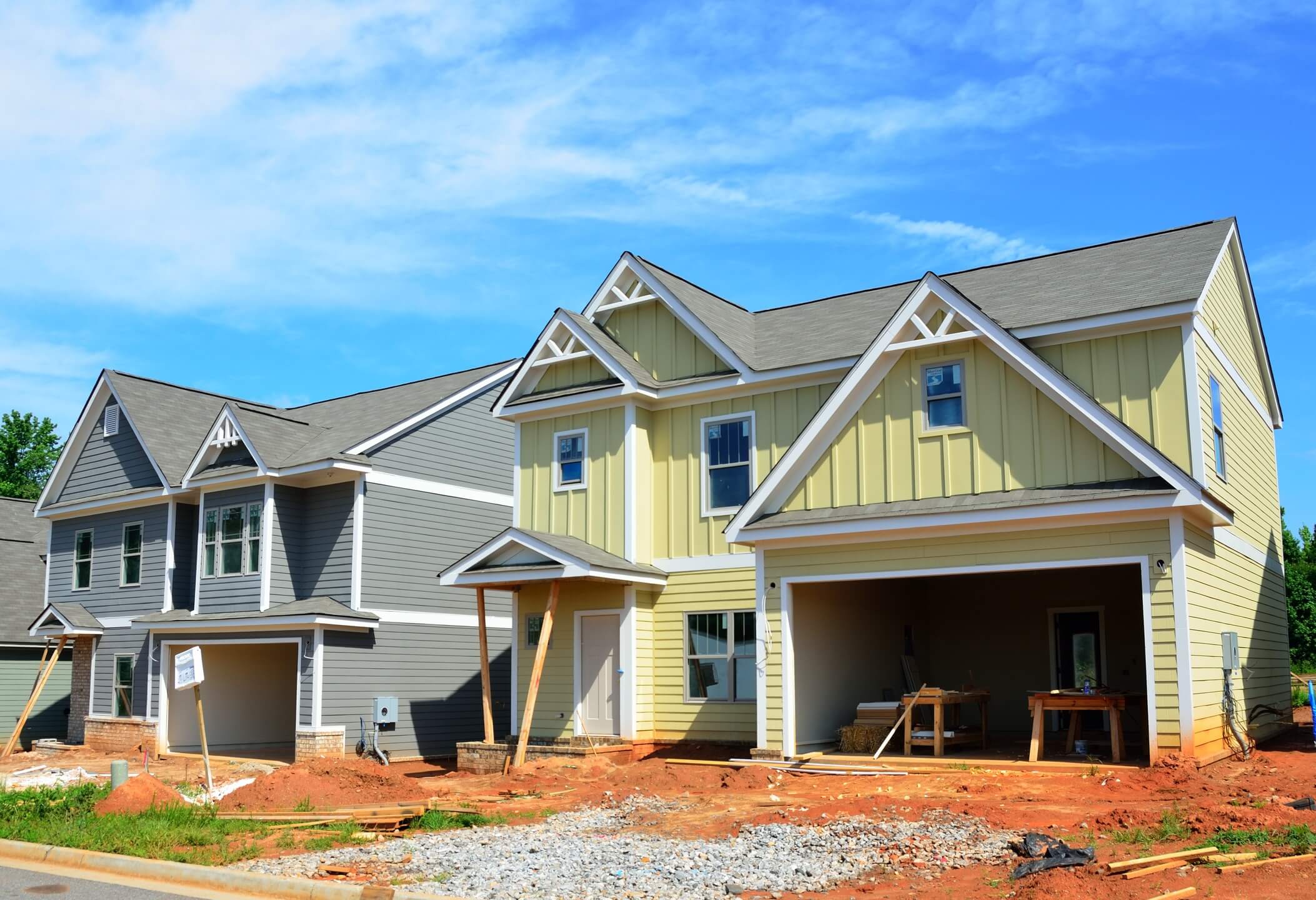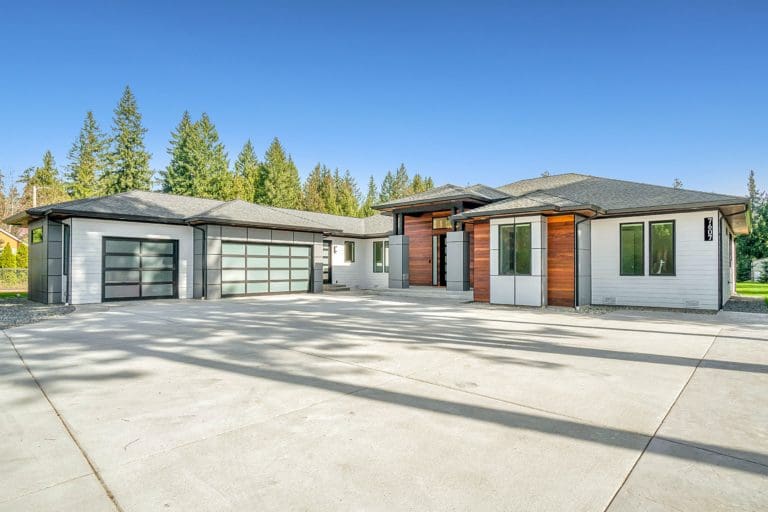1. Figure out your finances
Before you get on the business of putting your home on the market, it is a good thing to stop and ask yourself how much your house is worth. This way you will have an idea of what your profits will actually look like after the sale. Not sure how to get this done, try a free calculation tool.

Take out all that mortgage paperwork that you have in your office and then ask your lender if there are any payments necessary to make before you can safely switch to a different lender or ask if you will be able to take your mortgage with you to your new location. This is called “porting” and a fairly common practice.
If you are planning to move to a property that is more expensive or you see that your mortgage deal has almost reached an end, this is a good time to hammer out a new deal with your current lender. You can discuss the matter with our fee-free mortgage partners to see which kind of deals are available and who gives you the best offer.
In the early stages, the figures you must produce should be approximate only. You really aren’t sure of the price you will place on your house and only have the redemption figure and a date of completion,
If you take the time to plan out every step as carefully and you will avoid hold ups. Read our guide on how long it takes to obtain your mortgage.

2. Decide if you should rent a house next, rather than buy
Selling a home and moving into a rental while you look for a new home may be a more costly way of going about this, but in the long run it can save you from the dangers of looking to buy a home in a short amount of time.
You also avoid the urgency to compromise on your initial sale price potentially forcing you to sell your home for far less than you had originally anticipated. Without the pressure of completing an onward purchase, you will have more time and options to choose your price and stick with it.
Furthermore, the home of your dreams may not be on the market at the time. Renting a home will allow you pace and comfort while you wait for the right home to make itself known.
Selling your home and living in a rental while you are waiting for the right home also removes you from the housing chain and makes you a far more attractive homebuyer.
If you do choose to buy and sell your home at the same time, check out our special guide to pulling off this small miracle.
3. Choose an estate agent to sell your house
You can sell your home yourself, the FSBO homes are hotter than ever.
But if you do choose to work with an estate agent you should take care and choose an online agent to sell your house fast.
Your yardstick for properly ascertaining the caliber of an estate agent is to see how close they can come to achieving the asking price, how fast they can close a sale and how successful they have been over their career. While word-of-mouth advertising is always the very best way to go, you can also use this handy estate agent comparison tool to get a good idea of which agent is the right one for you.
You will have to agree on the fee the estate agent will claim. Typically, you should aim for a sole agent that asks for a 1% plus VAT.

Another very affordable option is working with an online agent when selling a home. It is always a good idea to see what they are offering and at what price. Compare online agents right here.
When it is time to choose the estate agent that will be your aide in selling the house, you should read the fine print on your contract very carefully.
If you have the time and are organized, patient and have the drive to work hard at the process, you may even consider selling home yourself. This is no easy task and some experience is required if you hope to come out on top.
4. Get an Energy Performance Certificate
An energy Performance Certificate is an Official document that allows you to rank your home according to its energy efficiency. Homebuyers are especially interested in seeing what their average energy expenses for a home will be.
You will need to at least apply for this certificate before you begin trying to sell your home. Find out how much this should cost and get quotes from EPC surveyors in your area.
5. Decide how much to sell your home for
Finally, one of the most agonizing decisions is what price to place on your home. This can be a difficult decision, but it is essential to use facts and statistical data when producing this figure. Make sure you have done plenty of research into the local market before you begin.
You can also have several agents evaluate your property and consider their answers. If one agent proposes a price that is shockingly high or low, inquire further. It is quite possible that this “minority report” is based on information the other agents don’t know or can’t see.

Never forget that there will be a 5% to 10% amount of wiggle room for which your potential buyer will negotiate their price. Make sure you calculate this into your price projection.
6. Prepare your home for sale
Finally, it will be time to start bringing in potential homebuyers to see the house. It is important that you can fire their imagination and make your home seem as desirable and valuable as you possibly can.
As a general rule, your home should only be 40% full of your things, a stuffed home with bulging closets and full-to-capacity garages will not allow people to envision their life in the home. A new paint job is always a great way to freshen up the atmosphere too. Then go around and fix broken light switches, door handles, cupboards and any other little snags that need fixing.
Never underestimate the value of curb appeal. Make sure the bushes are trimmed, the lawn is nicely cut and all any broken windows have been mended before you bring in prospective buyers.







